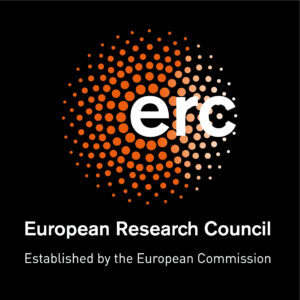Brainlinks
How do adolescents develop prosocial values?

How do behaviors that benefit others (i.e., prosocial behaviors, such as giving and helping) develop in young people who transition from childhood into adulthood?
Brainlinks is a three-wave sequential longitudinal study that combines hormone data, neuroimaging, behavioral experiments, observations, and questionnaires in adolescents between ages 9-22 to study prosocial development from a brain-behavior perspective.
We aim to answer several compelling questions in the longitudinal Brainlinks project to ensure that science and society benefit from understanding 1) how we interact with others, and 2) how we can use this knowledge in facing big challenges such as the climate crisis and social inequality.
Interested in collaborating? A link to a meta-data file, describing all the Brainlinks measures can be found here. For collaborations, you can contact Suzanne van de Groep: s.vandegroep@essb.eur.nl.
A review paper, describing the most important findings so far which stem from the Brainlinks project so far, can be found here.
All peer-reviewed publications from the Brainlinks project can be found here (sort by project Brainlinks).
This project has received funding from the European Research Council (ERC) under the European Union’s Horizon 2020 research and innovation programme (ERC CoG PROSOCIAL, grant agreement No. 681632), which was awarded to Eveline Crone.

Contact
Erasmus University Rotterdam
Mandeville Building T13
Burgemeester Oudlaan 50
3062 PA Rotterdam, the Netherlands


